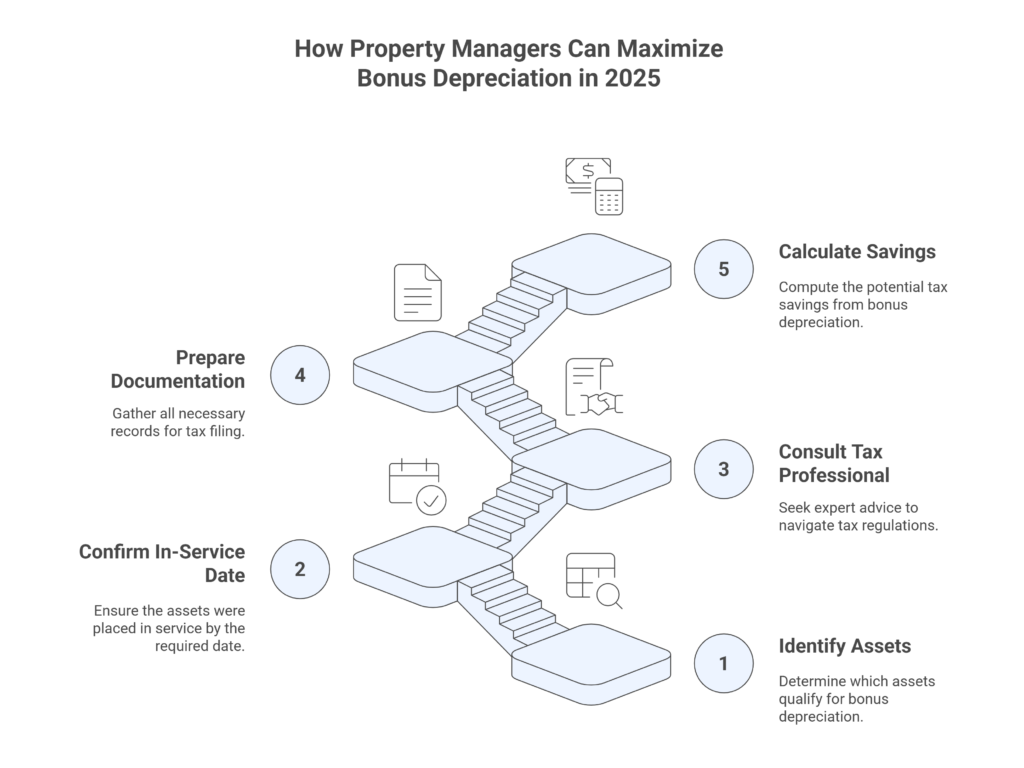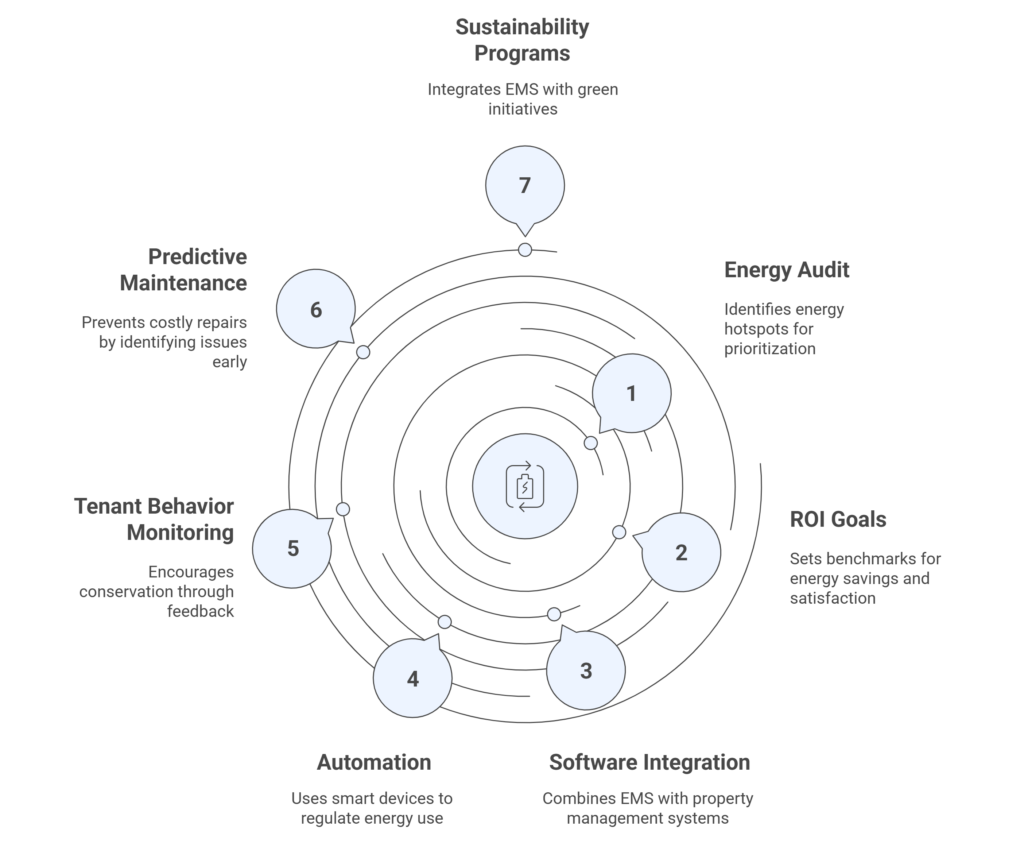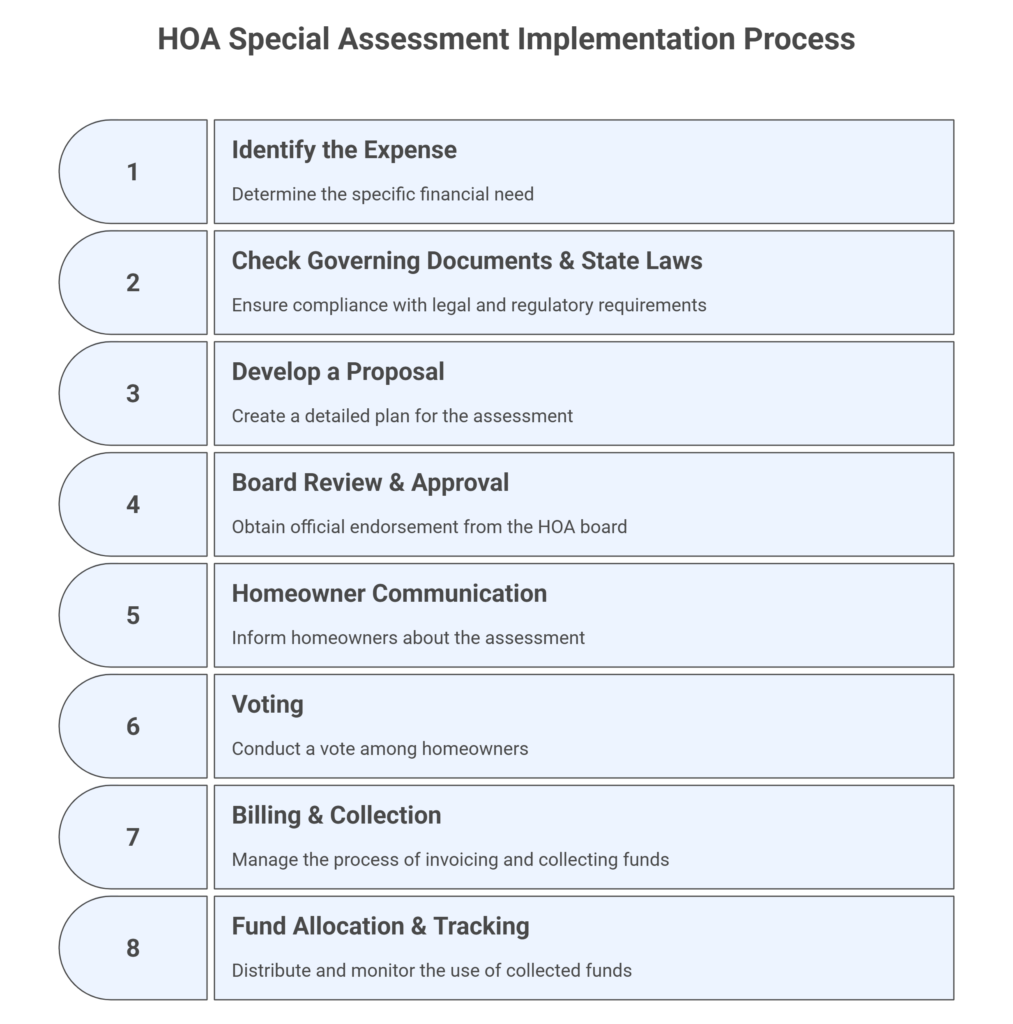Top 5 Property Management Billing Software Solutions for Automated Invoicing (2025)
Late rent payments, manual invoicing, and accounting chaos at month-end just drain all the energy. The tiring part is that this cycle is recurring at every month’s end. Every property manager follows the same drill: chase tenants for rent reminders, update spreadsheets, send follow-up emails, and reconcile transactions that don’t add up. It’s time-consuming, error-prone, and stressful. But here’s the good news: property management billing software has evolved.
In 2025, property management platforms do far more than just generate invoices; they automate every part of the billing and payment cycle, integrate with accounting systems, and keep your financial data clean and audit-ready.
Let’s see the top 5 property management billing software solutions for automated invoicing in 2025. We’ll also highlight 5 other noteworthy tools that you can consider for specific use cases.
What Is Property Management Billing Software?
Property management billing software streamlines rent invoicing, payment collection, and expense tracking for property managers and landlords. It’s built to minimize administrative burdens, eliminate manual mistakes, and consolidate multiple properties’ financial information.
In simple terms, It upgrades your spreadsheets to an intelligent billing engine that automatically generates invoices, sends reminder notices, charges late fees, and updates your accounting dashboard.
Core features often include:
- Rent invoicing and payment tracking
- Late fee automation and reminders
- Utility billing (RUBS – Ratio Utility Billing System)
- Expense management
- Owner and tenant portals
- Integration with accounting tools like QuickBooks or Xero
If you’re unsure how RUBS in real estate works, our detailed guide on RUBS billing explains how utilities are divided fairly among tenants.
Why Automated Invoicing Matters in Property Management
Manual invoicing results in mistakes, late payments, and subpar tenant experiences. Automated processes correct all of that by making the process smooth and uniform.
Here’s how automation makes a difference:
- Less human error: Invoices are automatically created based on lease agreements and due dates.
- Improved collections: Rent reminders are sent out on time, and tenants can pay online through portals.
- Improved reporting: All transactions are monitored, making audits and financial reports easy.
- Happier tenants: Transparent billing earns trust.
- Scalable operations: As many as 10 or 1,000 units, automation takes care of it.
More than 88% of renters expect to pay rent online, says Buildium. It is a clear indication that digital billing has become mandatory.
The Top 5 Property Management Billing Software for 2025
Below are the five leading solutions redefining billing automation this year.
1. Propertese
Website:
Ideal for:
Property managers and landlords who require an all-in-one, easy-to-use solution for automated billing, rent collection, and tenant engagement.
Overview:
Propertese is an all-in-one cloud platform with power-packed features for all your real estate needs. It combines tailored solutions for property operations, market and leasing activities, accounting tasks, and billing automation with advanced analytics. It allows you to monitor payments, automate invoices, and interact with tenants hassle-free.
Key features:
- Integration with NetSuite
- Contract management
- Lead and contact management
- Rent collection and billing
- Ownership agreement
- Rent escalation
- Marketing automation
Example:
Picture having 50 units in three cities. Rather than sending 50 monthly rent reminders by hand, Propertese emails all invoices automatically and tracks payments in real-time.
Why it stands out:
- Clean, modern interface built for ease of use
- Cloud-based automation for anytime access
- Smart analytics for faster financial decision-making
If you want to explore modern property automation tools beyond billing, check out this guide on the best marketing tools for property management companies.
2. Buildium
Website:
Ideal for:
Mid to large-sized property management businesses that require a robust accounting foundation.
Overview:
A reputable industry player, Buildium features one of the most comprehensive billing and property management environments. It integrates accounting, leasing, tenant communication, and maintenance management under one dashboard.
Key features:
- Complete accounting system with automated expense tracking and billing
- Owner balance sheet reports and owner statements
- Integrated payment gateways for residents
- Late fee settings that can be adjusted
- Support for residential and association management
Example:
When a resident pays rent through Buildium’s portal, the payment is automatically posted to your accounting ledger, a receipt is sent, and the information syncs for financial reports.
3. AppFolio Property Manager
Website:
Ideal for:
Enterprises or property managers handling multiple portfolios.
Overview:
AppFolio streamlines large-scale billing with automated features, tenant screening, and AI-based insights. It’s a go-to tool for managers of hundreds or thousands of units.
Key features:
- Automated invoicing for rent and utility charges
- Intelligent workflows for overdue payments
- Owner and tenant digital portals
- Financial dashboards in real-time
- Machine learning-based accounting recommendations
Example:
AppFolio automatically identifies recurring payments and applies them — saving hours of hand-bookkeeping.
If you’re exploring AppFolio comparisons, our blog on the best AppFolio alternatives can help you decide which solution fits your needs.
4. Propertyware
Website:
Ideal for:
Large property management companies that require customized workflows.
Overview:
Part of the RealPage platform, Propertyware provides complete control over billing, automation, and accounting. It’s very flexible and scalable, particularly in mixed-use property portfolios.
Key features:
- Custom billing templates and batch invoicing
- Integration with Xero and QuickBooks
- Owner statements and 1099 generation
- Maintenance billing tracking
- Deposit and payment automation rules
Example:
Using Propertyware, managers can set up a rule-based solution that automatically issues invoices for routine charges such as pet rent, utilities, or parking.
5. MaxBill
Website:
Ideal for:
Property managers who process multi-service billing (subscriptions, utilities, and common facilities).
Overview:
MaxBill is ideal for intricate billing schemes where numerous services, such as water, gas, and internet, should be billed individually.
Key features:
- Billing management for utilities and telecom
- Contract management flexibility
- Auto-billing for tenants and service providers
- Revenue tracking transparency
- SaaS platform scalability
Example:
If you operate a residential complex providing Wi-Fi, parking, and water billing, MaxBill can create bundled invoices for all those services automatically.
5 More Property Management Billing Tools Worth Exploring
Although the top 5 are for the most popular and full-featured platforms, these five more tools provide excellent billing capability for specialized purposes:
- TenantCloud: Ideal for small landlords. Offers free basic billing, online payments, and accounting tools.
- DoorLoop: A modern, mobile-friendly platform focusing on quick rent collection and payment automation.
- MRI Software: Best for commercial property billing and advanced analytics.
- SimplifyEm: Lightweight billing tool for independent landlords managing under 50 units.
- Rent Manager: Combines accounting, billing, and communication tools with strong reporting features.
How Does Automated Billing Improve Tenant Experience?
- Tenants automatically receive invoices and reminders.
- Mobile-friendly payment links for instant payments.
- Transparent billing decreases disputes.
- Self-service portals enable tenants to see balances and receipts at any time.
Overall, automation produces a smoother, more professional interaction that deepens tenant satisfaction and trust.
Key Features to Look For in Property Management Billing Software
Before choosing your billing software, consider these must-have features:
| Feature | Why It Matters | Example |
|---|---|---|
| Automated Invoicing | Saves time and reduces manual effort | Propertese, AppFolio |
| Tenant Portals | Simplifies rent payments | Buildium, DoorLoop |
| Utility Billing (RUBS) | Fairly divides shared costs | MaxBill, Propertese |
| Accounting Integration | Syncs financial data seamlessly | Propertyware, Buildium |
| Customizable Reports | Helps analyze performance | MRI Software, Rent Manager |
How to Choose the Right Billing Software for Your Property
Ask yourself:
- How many units do I oversee?
- Do I require built-in accounting or third-party interfacing?
- What’s my budget and growth requirements?
- Do I collect utilities or only rent payments?
If you oversee fewer than 20 units, TenantCloud or SimplifyEm might be enough. If you have 200+ units, systems like Propertese, AppFolio, or Propertyware are more effective.
AI and Billing Automation: What’s Next?
AI is transforming property billing. Powerful property management software already employs predictive analytics to predict cash flow and identify anomalies.
Emerging trends to watch:
- Predictive rent analytics: AI predicts who’s going to pay late.
- Smart reconciliation: Matches invoices with payments automatically.
- Conversational billing assistants: Renters can ask Alexa or Google to “check my rent balance.”
- Blockchain integration: Secure, transparent transaction histories.
FAQs
Q1. What is property management billing software?
Property management billing software automates invoicing, rent collection, and payment tracking for landlords and property managers.
Q2. Which billing software is best for property managers?
Propertese, Buildium, and AppFolio are among the best billing solutions for property managers in 2025.
Q3. What’s the benefit of automated invoicing?
It saves time, reduces human errors, and speeds up rent collection by automating reminders and receipts.
Q4. Can billing software handle utility charges?
Yes, advanced tools like MaxBill and Propertese support RUBS (Ratio Utility Billing System) for shared utility costs.
Q5. Is cloud-based billing software secure?
Absolutely. Platforms like Propertese use encryption and role-based access controls to keep financial data safe.
Final Thoughts
Manual billing is sucking the life out of your time, energy, and profits. Automate the monotonous tasks with property management billing software such as Propertese and eliminate errors to scale your portfolio, automate rent collection, invoicing, and tenant communication.
If you’re ready to explore how Propertese can simplify your entire property management process, schedule a demo today and see automation in action.





